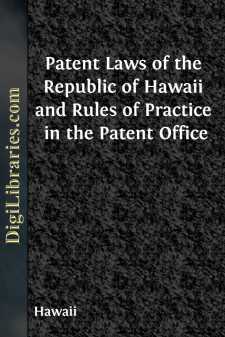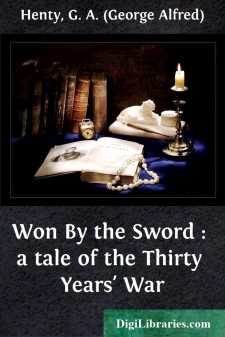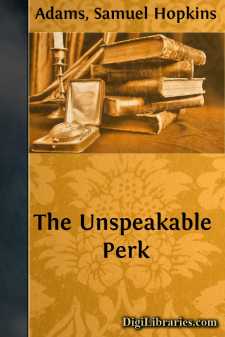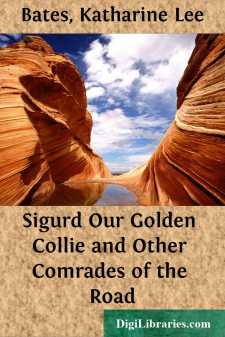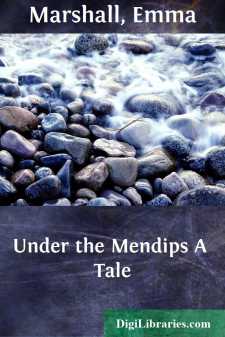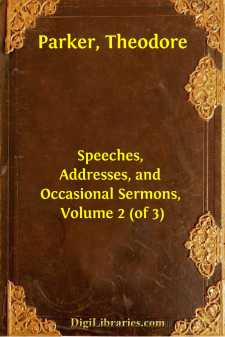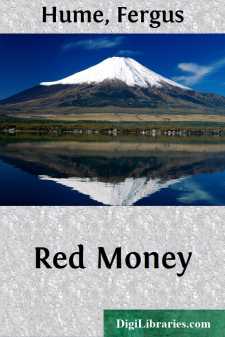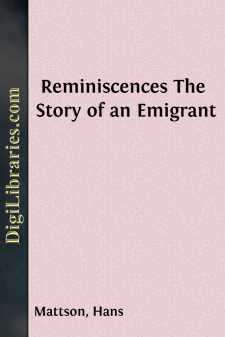Categories
- Antiques & Collectibles 13
- Architecture 36
- Art 48
- Bibles 22
- Biography & Autobiography 813
- Body, Mind & Spirit 142
- Business & Economics 28
- Children's Books 15
- Children's Fiction 12
- Computers 4
- Cooking 94
- Crafts & Hobbies 4
- Drama 346
- Education 46
- Family & Relationships 57
- Fiction 11829
- Games 19
- Gardening 17
- Health & Fitness 34
- History 1377
- House & Home 1
- Humor 147
- Juvenile Fiction 1873
- Juvenile Nonfiction 202
- Language Arts & Disciplines 88
- Law 16
- Literary Collections 686
- Literary Criticism 179
- Mathematics 13
- Medical 41
- Music 40
- Nature 179
- Non-Classifiable 1768
- Performing Arts 7
- Periodicals 1453
- Philosophy 64
- Photography 2
- Poetry 896
- Political Science 203
- Psychology 42
- Reference 154
- Religion 513
- Science 126
- Self-Help 84
- Social Science 81
- Sports & Recreation 34
- Study Aids 3
- Technology & Engineering 59
- Transportation 23
- Travel 463
- True Crime 29
Sort by:
by:
Hawaii
TO REGULATE THE ISSUING OF PATENTS. Be it Enacted by the King and the Legislative Assembly of the Hawaiian Islands, in the Legislature of the Kingdom Assembled: Section 1. All patents shall be issued in the name of His Majesty the King, under the Seal of the Interior Department, and shall be signed by the Minister of Interior and countersigned by the Commissioner of Patents, and they shall be recorded...
more...
CHAPTER I: A STROKE OF GOOD FORTUNE A mounted officer, followed by two orderlies, was proceeding at a brisk trot from Paris to St. Denis, in October, 1639, when he came upon a large party of boys, who, armed with sticks, were advancing in something like military order against a wall on the top of a low hill. "What are you doing?" he asked the lad who appeared to be the leader. "We are...
more...
I MR. BEETLE MAN The man sat in a niche of the mountain, busily hating the Caribbean Sea. It was quite a contract that he had undertaken, for there was a large expanse of Caribbean Sea in sight to hate; very blue, and still, and indifferent to human emotions. However, the young man was a good steadfast hater, and he came there every day to sit in the shade of the overhanging boulder, where there was a...
more...
CHAPTER I.on heresy and orthodoxy. The original meaning of the word heresy is choice. “It was long used,” writes Dr. Waddington, “by the philosophers to designate the preference and selection of some speculative opinion, and in process of time was applied without any sense of reproach to every sect.” The most fruitful source of speculative opinion is, and has ever been, religion; from the...
more...
VIGI Wisest of dogs was Vigi, a tawny-coated hound That King Olaf, warring over green hills of Ireland, found; His merry Norse were driving away a mighty herd For feasts upon the dragonships, when an isleman dared a word: "From all those stolen hundreds, well might ye spare my score." "Ay, take them," quoth the gamesome king, "but not a heifer more. Choose out thine own, nor hinder...
more...
by:
Emma Marshall
CHAPTER I. FAIR ACRES. It was a fair morning of early summer, when the low beams of the eastern sun, threw flickering shadows across the lawn, which lay before Fair Acres Manor, nestling under the shelter of the Mendip Hills, somewhere between Wells and Cheddar. Truth compels me to say, that the lawn was covered with daisies, and that their bright eyes looked fearlessly up into the blue sky; for mowing...
more...
by:
Theodore Parker
By their fruits ye shall know them. Last Sunday I said something of the moral condition of Boston; to-day I ask your attention to a Sermon of the Spiritual Condition of Boston. I use the word spiritual in its narrower sense, and speak of the condition of this town in respect to piety. A little while since, in a sermon of piety, I tried to show that love of God lay at the foundation of all manly...
more...
Chapter One. “How many more days, Jan, will it be before we get across this abominable desert?” I asked of our black guide, as we trudged along, he leading our sole remaining ox, while my uncle, Mr Roger Farley, and I led our two horses laden with the remnants of our property. “May be ten days, may be two ten,” answered Jan Jigger, whose knowledge of numerals was somewhat limited. I gave a...
more...
by:
Fergus Hume
THE DRAMA OF LITTLE THINGS. "Gypsies! How very delightful! I really must have my fortune told. The dear things know all about the future." As Mrs. Belgrove spoke she peered through her lorgnette to see if anyone at the breakfast-table was smiling. The scrutiny was necessary, since she was the oldest person present, and there did not appear to be any future for her, save that very certain one...
more...
by:
Hans Mattson
My childhood passed so quietly and smoothly that it would be superfluous to mention it at all, except for the fact that such omission would leave a gap in these reminiscences. For this reason, and, also, in order that the American reader may get some idea of a good country home in Sweden, I shall relate very briefly some incidents from that time. My parents belonged to one of those old families of...
more...


